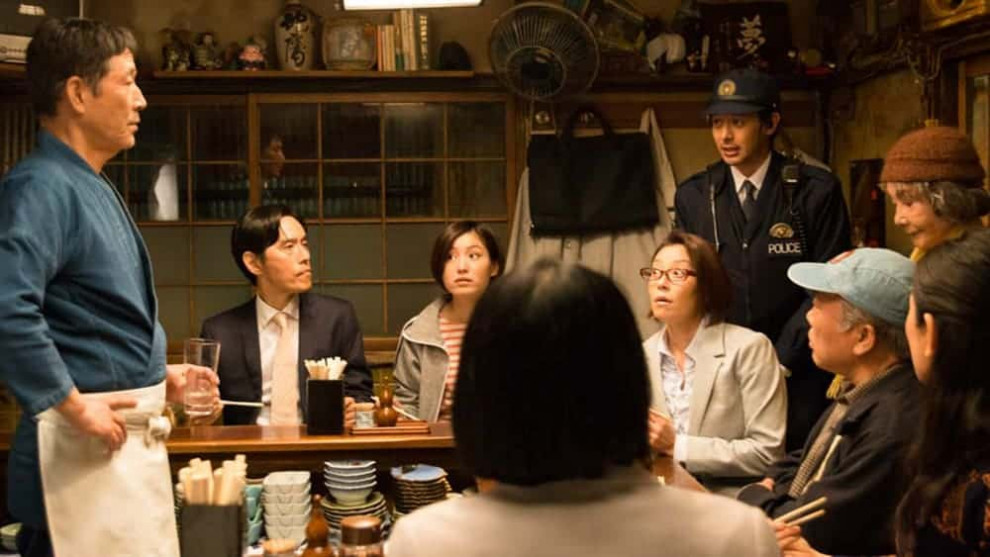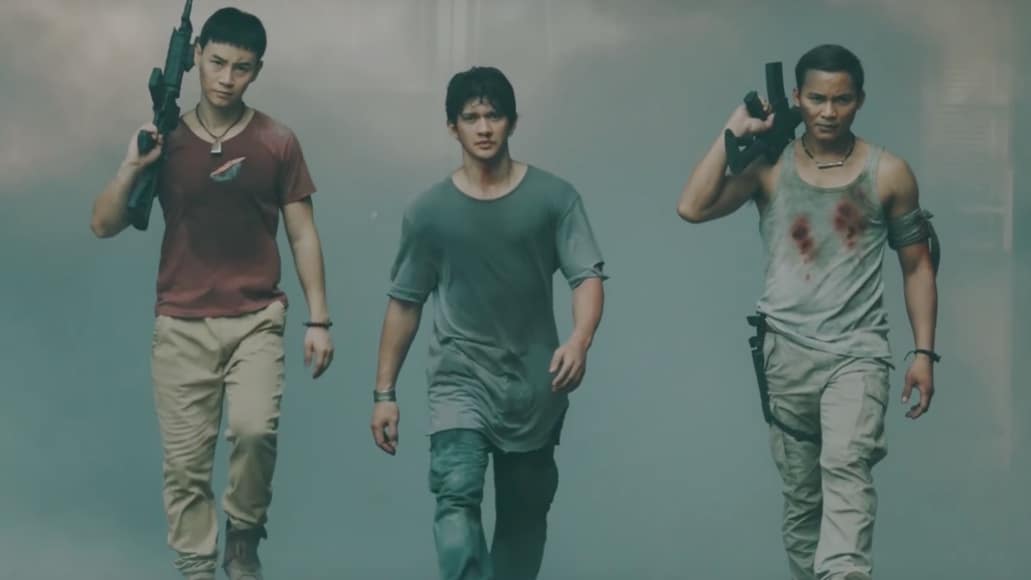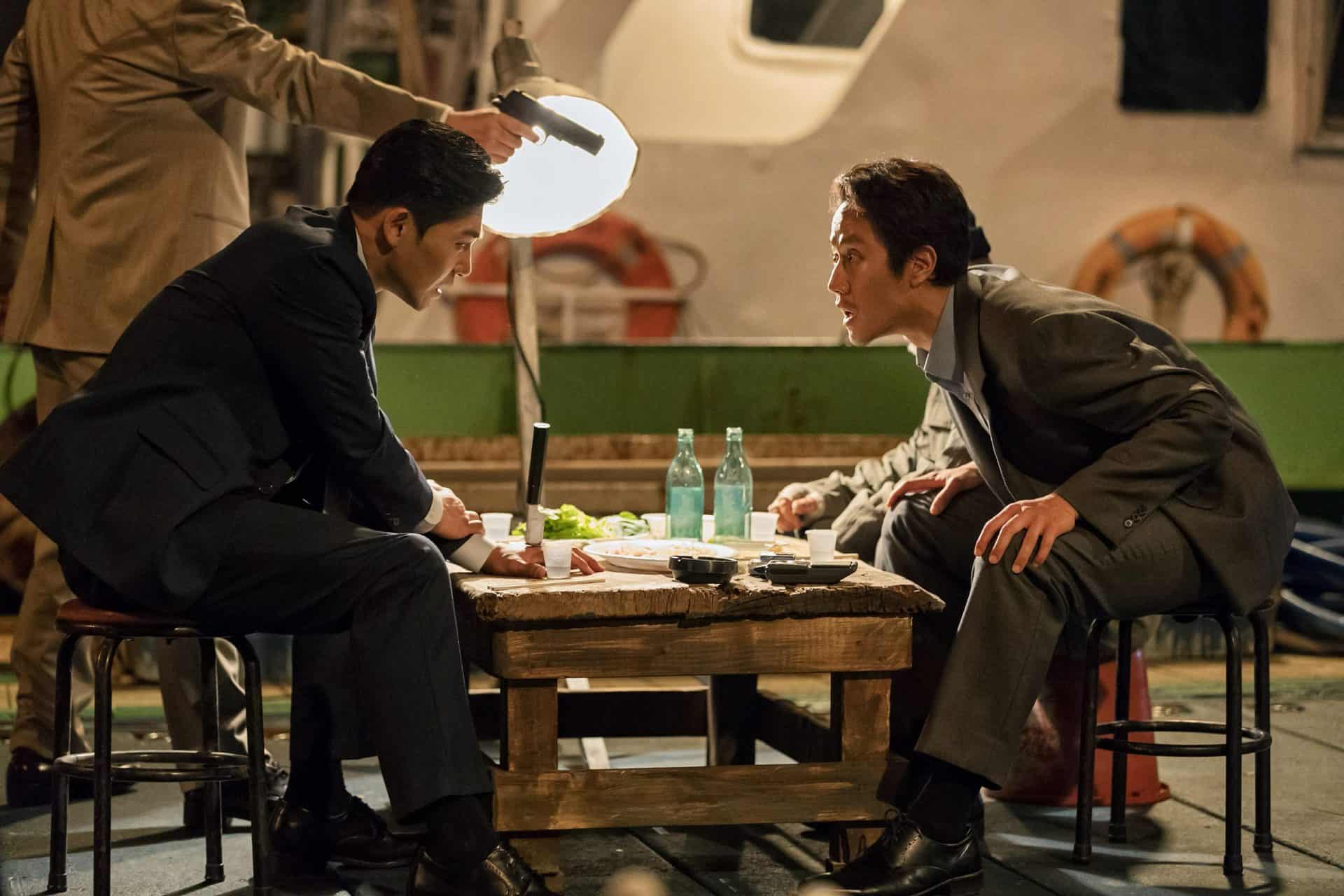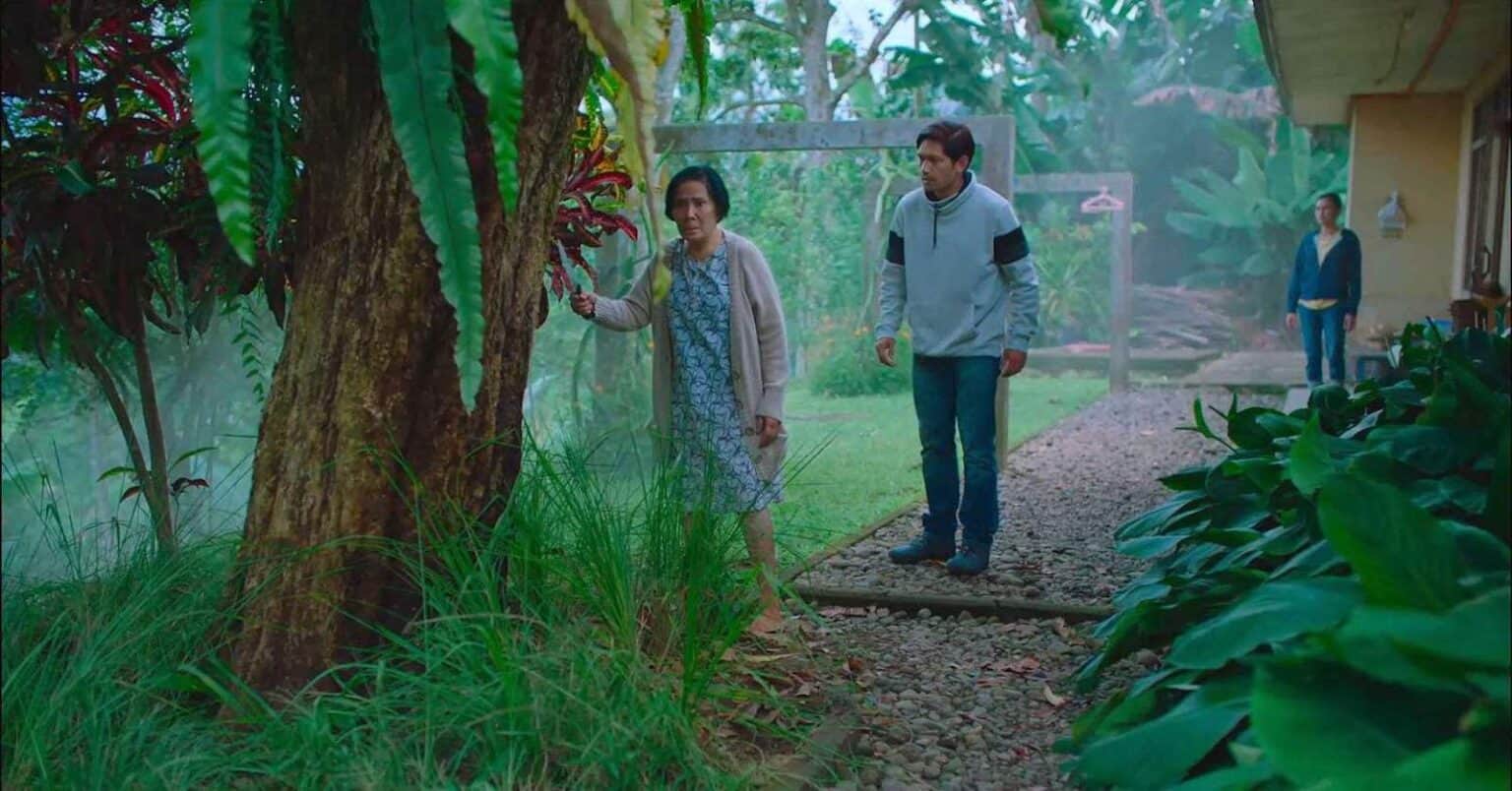“When people finish their day and hurry home, my day starts”
Each 20-minute episode of the popular Netflix series “Midnight Diner” begins with an overview of the crowded streets of central Tokyo at night, the teeming walkways and the iconic lights of the skyscrapers; the Master's warm voice over, recites those words, introducing the show.
As Netflix announces a second season to hit the channel next winter, it's worth knowing that the love affair of the public with “Midnight Diner” has been going on for quite a while, well before Netflix Original placed its label on it.

Adapted from the manga Shinya Shokudō by Yarō Abe, “Midnight Diner” made the leap from paper to TV in 2009, with a first 10-episode season, aired late at night. A second and a third season followed in 2011 and 2014 with increasing success throughout Asia. Then came the movie “Midnight Diner” which marked the visual leap from television grain to film quality, and finally in 2016, to the rest of the world's delight, Netflix invested in a fourth series of superior technical quality and placed it in 190 countries.
The series is directed – like the film – by Joji Matsuoka, and is set in a small diner; one of those where you eat at the counter, in a narrow alley that is very reminiscent of the Tokyo area called Golden Gai. Small and intimate, the diner opens from midnight to seven in the morning and the menu offers only miso soup with pork, beer, sake and Shōchū, but the patron / cook is available to cook on request, provided he has the necessary ingredients.

The unusual opening time is bound to attract the night crowd; regular hostesses or strippers from neighboring clubs, a couple of transvestites who probably work in some bar in the area, few gamblers, DJs of night-radio programs, some mysterious member of the yakuza, but sometimes even just a salaryman who has lingered at work, or anyone who doesn't feel like going home and is looking for some company.
The recurrent characters provide that comic choir that is necessary to create a familiar feeling at every return, but each episode tells a story of one of the occasional punters in this small gastronomic confessional. The Diner's chef, known as Master (Kaoru Kobayashi, who has been playing Master since the very beginning) is fulcrum and glue of all the stories of the patrons; gifted with an inscrutable charm, he is a man of few, measured words, but able to listen, empathize and create a reassuring connection with his customers. Very little – if nothing – is known about him and a visible scar on his face increases his mysterious aura.
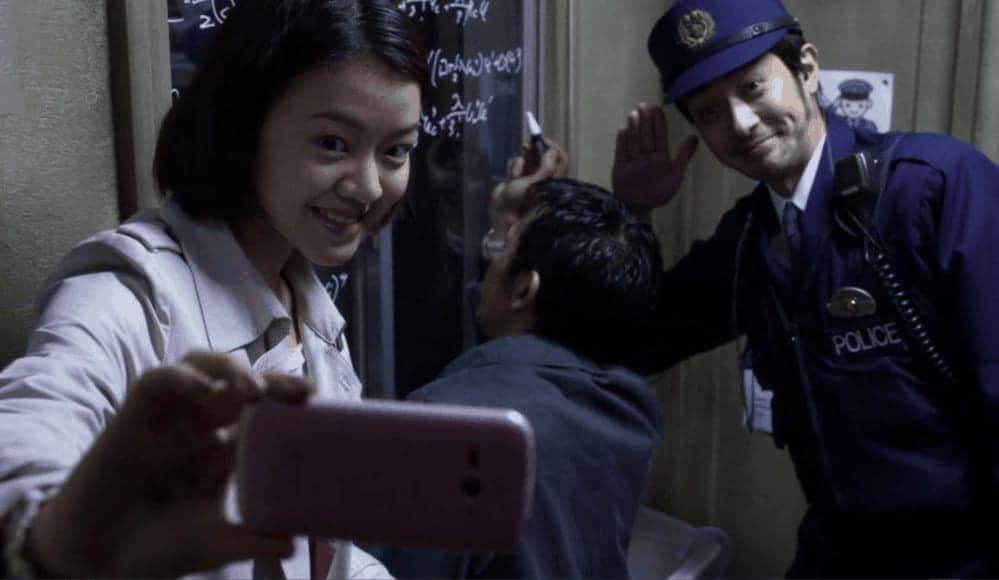
Each episode is named after a dish that features in the story, but food is not the real star here as “Midnight Diner” – thankfully! – is not what you can call a food program. In fact, the real protagonists are the men and women populating the Diner, their stories and their intersecting destinies; food is a vector of emotions and memories, a way to connect souls, a binding thread. In times where we are bombarded with cooking programs and “food porn”, it is nice and refreshing to have a program where food is back to a human and real dimension.
In one episode called “Ham Cutlets”, a retiring lawyer asks Master to cook the dish he used to eat with his estranged half-brother and he's delighted to see that Master makes the cutlets with the same low-quality ham that his family used to buy and not with the “gourmet” type. In “Corn Dog”, a customer who craves pancakes runs to a convenient shop to buy a packet of pancake mix and gives it to the chef, and again, in the bittersweet “Egg Tofu”, a child and a prostitute share a passion for a cheap, ordinary supermarket dessert, that Master just pours over a bowl of plain rice.
Comfort food is a language that reaches everyone's hearts without exception and is the great idea of this program. The stories of the episodes are often touching but also peppered with very funny moments, like the ghost of the greengrocer's mother, worried about having left behind something embarrassing, or the yakuza terrified by a blackout. The 2016 season also was the first to travel abroad, in South Korea, in the episode “Omelette Rice”, featuring a high-profile guest, the actress Go Ah-sung (“The Host”, “Snowpiercer”).
Along with the cosy location, all the techs cooperate in creating an intimate atmosphere; from the toned down photography, to the slow-paced-editing and the guitar & voice score. The result is soothing and weirdly addictive.
Hitoshi Endo (producer of “Midnight Diner” since the start) revealed that the savage piracy endured by the show all over Asia led him to reflect on the great transnational and cross-cultural power of it and encouraged him to approach Netflix.
On the other side, Kaata Sakamoto (content manager of Netflix Japan) explained that for Netflix the strong asset of this series is the variety of stories and contents everyone can relate to. “We are human beings and we love listening to the stories of our fellows”.

Indeed, Abe's manga formula is very versatile and easily adaptable to serialization. It also lends itself well to traveling; its popularity across Asia has already spawned a South Korean version that has been going on for a while, a Chinese version with Huang Lei as Master and now even a Hong Kong feature film with none other than Tony Leung Ka-fai in the Master's apron.
A little heartwarming gem, “Midnight Diner” is as consoling and reassuring as the food that portrays and its upcoming season is something to look forward to.
*The interventions of Mr Hitoshi Endo and Mr Kaata Sakamoto come from a Panel Discussion, part of London East Asian Film Festival (LEEAF) 2016.
*This article, in different form, can be found in Italian on Linkinmovies.it here


